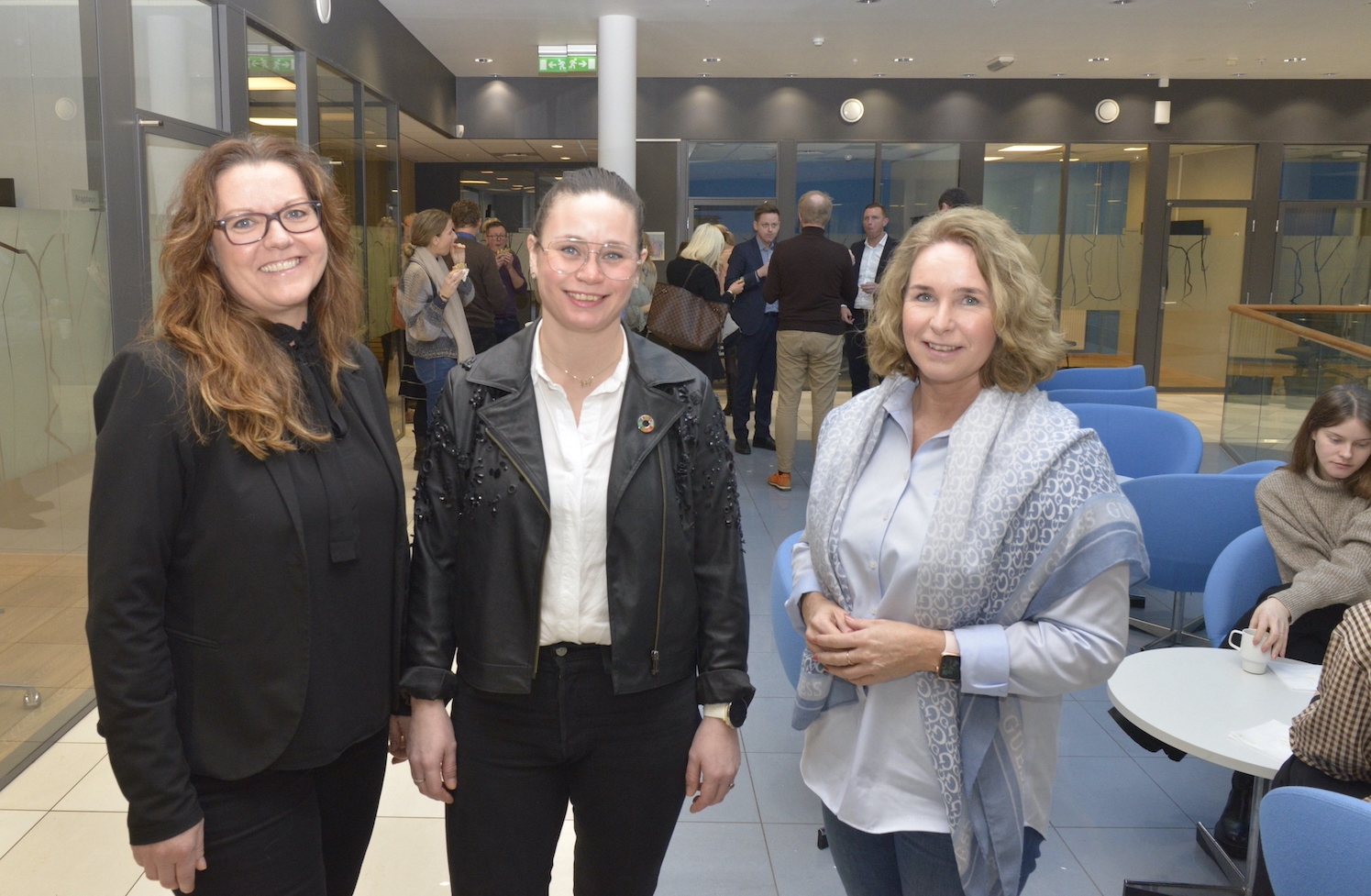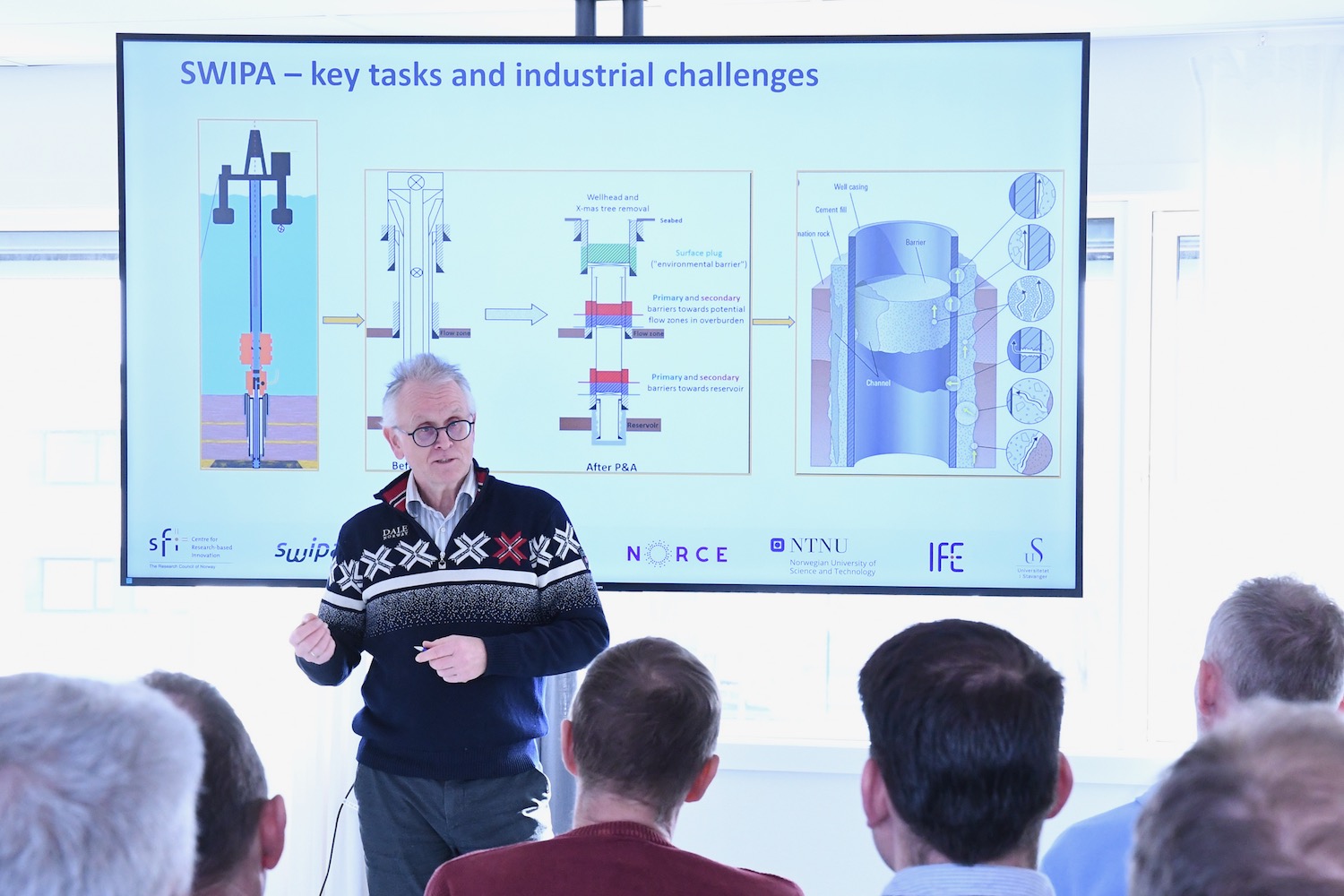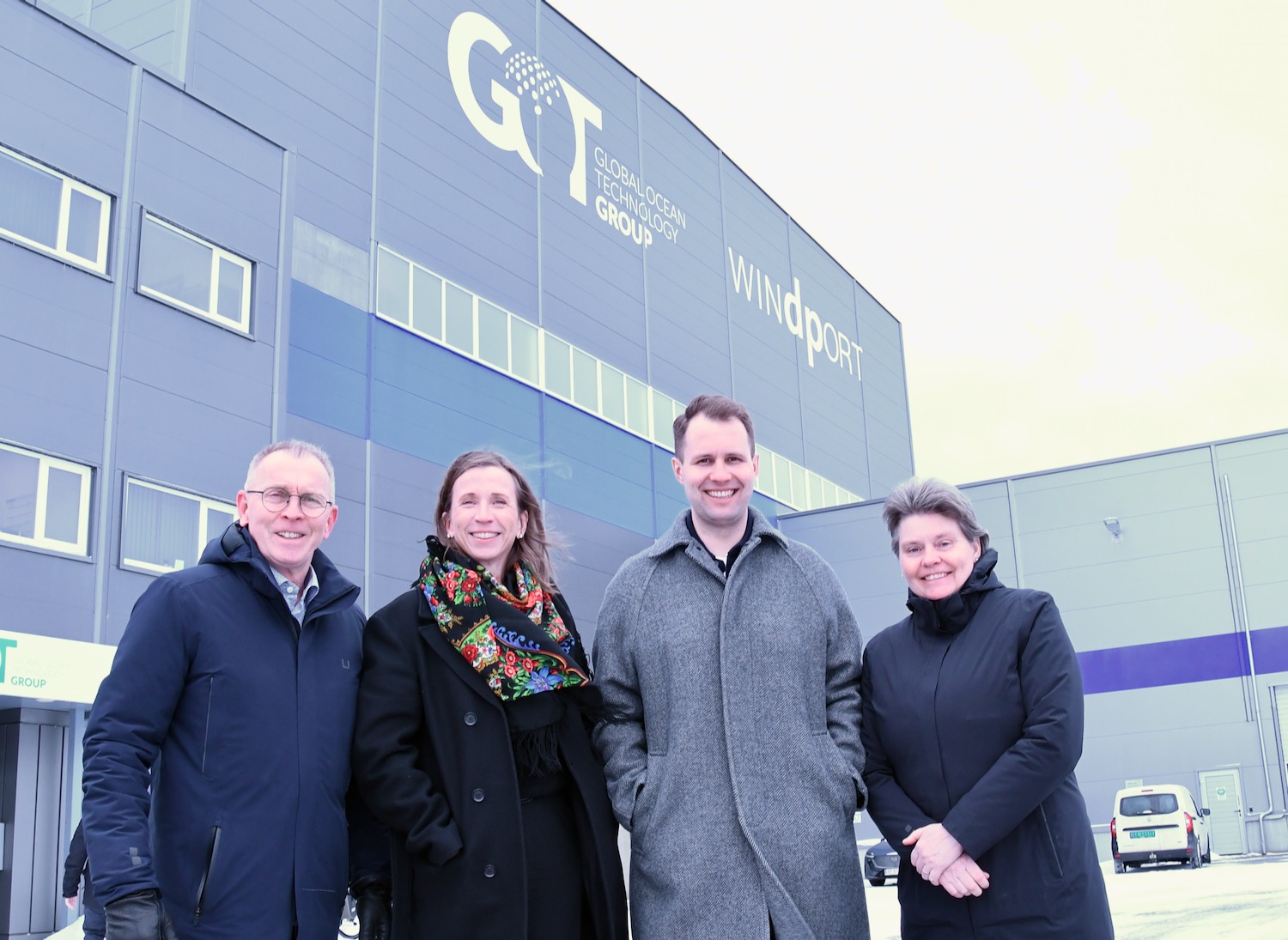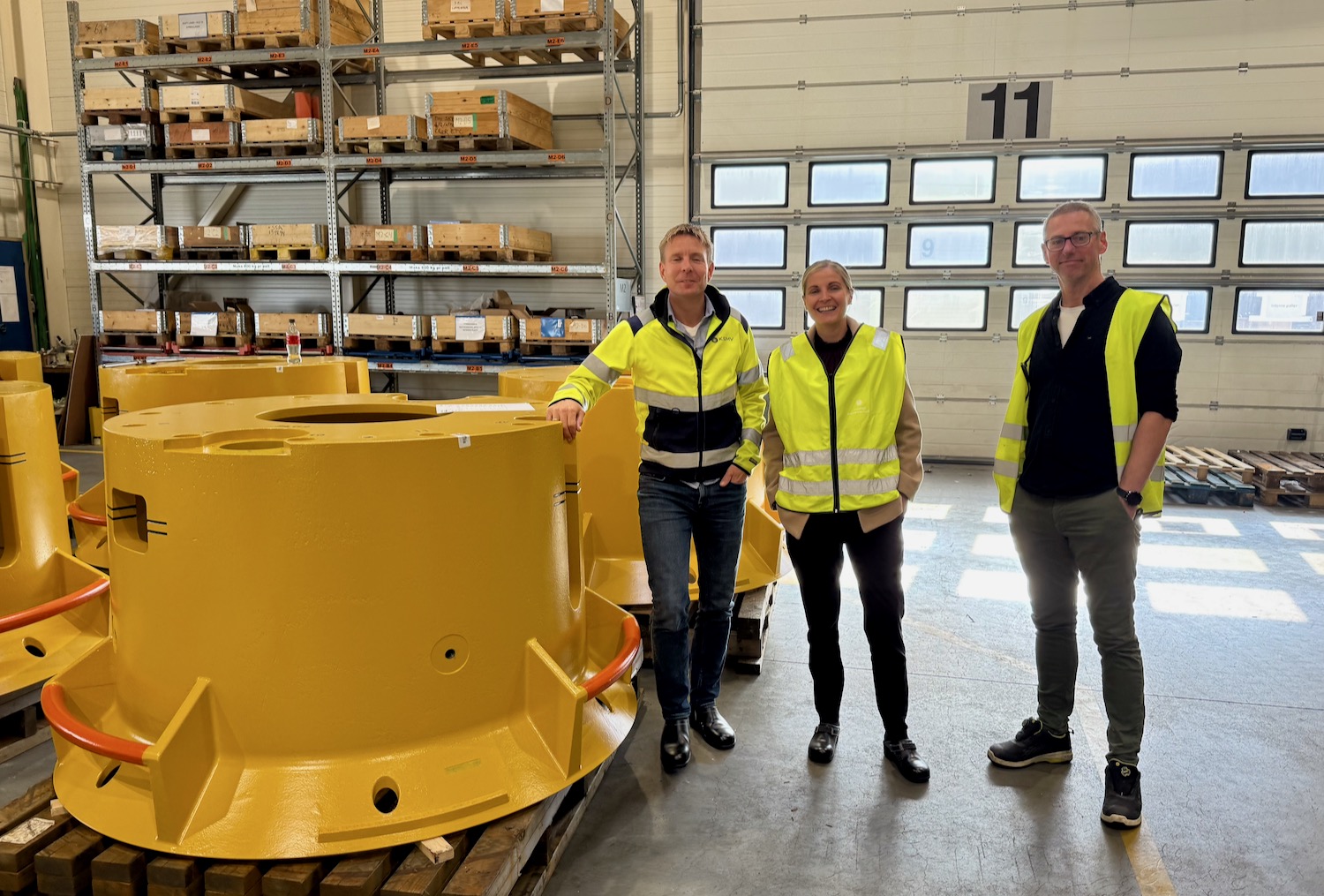This was the main message at a GCE NODE seminar on the EU’s new framework for sustainability reporting last week. 50 representatives from GCE NODE companies attended the seminar, which took place at the DNB office in Kristiansand.
Reporting regulations that are voluntary today will be required by law tomorrow – first for the larger and listed companies, then for smaller companies. Customers will also demand that companies do more and report more.
May Snemyr Falkgjerdet, Regional Manager at DNB Kristiansand, told the story of a florist that recently lost an important customer when the municipality decided to purchase flowers only from florists that report on the sustainability targets.
“The EU taxonomy will affect everyone sooner or later. Companies that do not report on the climate targets in their annual reports may have problems getting both contracts and capital,” said Falkgjerdet.

A FINANCIAL DRIVER FOR SUSTAINABILITY PROJECTS
DNB aims is to be a driving force for sustainable development and will help its customers to get started on sustainability reporting.
“Our lending portfolio and investment activities will become more sustainable in the coming years. By 2030, our goal is to have invested at least NOK 1,500 billion in sustainable projects,” said Falkgjerdet and added:
“Corporate customers must expect tough questions from DNB. Do you have an environmental policy? Do you have an action plan? Do you report on greenhouse gas emissions? We will not be the only bank to ask these questions. Both customers, employees and authorities will demand answers,” said Falkgjerdet.
FALLING BEHIND OUR NEIGHBORS
Anette Stave Severinsen is a leader in the network Klimapartnere in Agder, in which Agder County has a key role. She encouraged Norwegian companies to pick up the pace.
“Currently, there are only 55 companies in Norway that have set science-based targets for their operations. Such targets are a prerequisite for being able to deliver a complete climate report. In this area, we are far behind our neighboring countries Sweden and Denmark,” said Severinsen.
The Norwegian government have strict guidelines for companies in which they have ownership interests. Companies must use science-based targets as the basis for their reporting and have a clear strategy for emission reduction in line with the Paris Agreement.
According to Robert Andersen, partner at PWC and a consultant within reporting for many years, the regulation changes that are now taking place, are the most comprehensive ever.
“The EU clearly states that voluntary reporting schemes for businesses are no longer enough. From 2024, climate reporting in line with the EU’s taxonomy will be the rule. The taxonomy defines clear criteria for sustainable activities. Companies must map all their activities and report on how big a share of revenues comes from sustainable activities,” said Andersen.

GREENWASHING
To meet the strict reporting requirements, it is important to have your facts straight. You need a lot of detailed information about your business. Without specific data, climate reporting can quickly become a numbers game, where companies give an incorrect picture of the situation. Greenwashing through misleading data can give companies a bad reputation.
“A recent review of the reporting routines of 250 companies showed that one out of five companies had targets that could not be verified. Many companies lack the tools necessary to document that they achieve their goals,” said Susanne Starheim-Grøtter at Esgian.
Siri Engesæth, CEO of Factlines, said that it may seem difficult to meet the taxonomy requirements. She is keen on helping companies address sustainability in a way that works for the organization.
“Sustainability reporting is demanding, but not impossible. You don’t have to be perfect, but you must show that you care,” said Engesæth.




